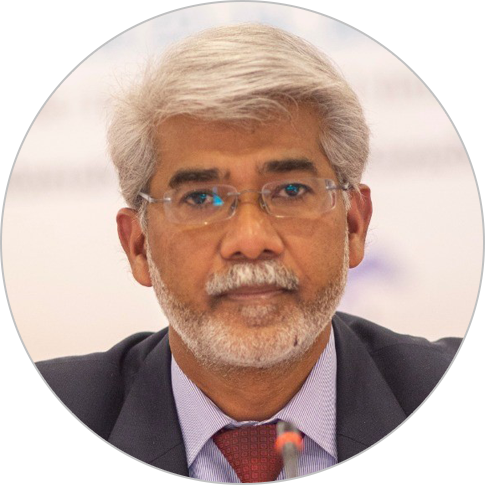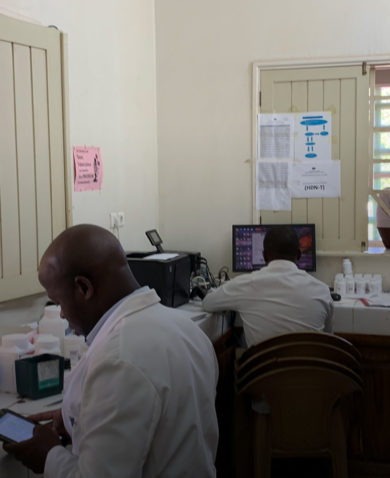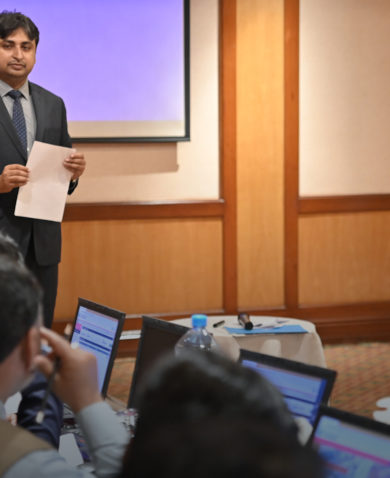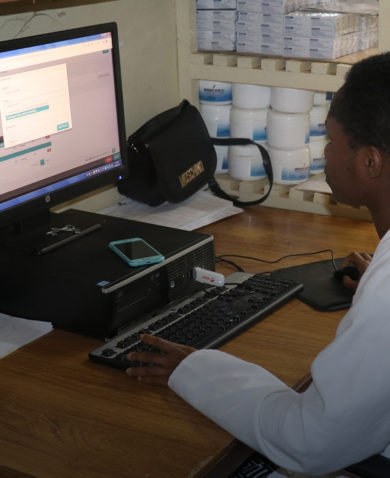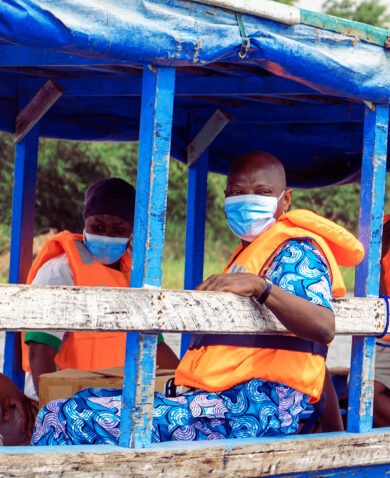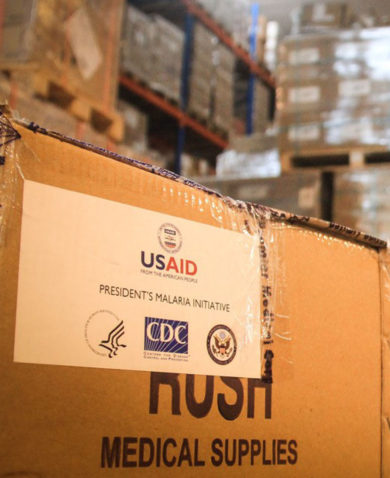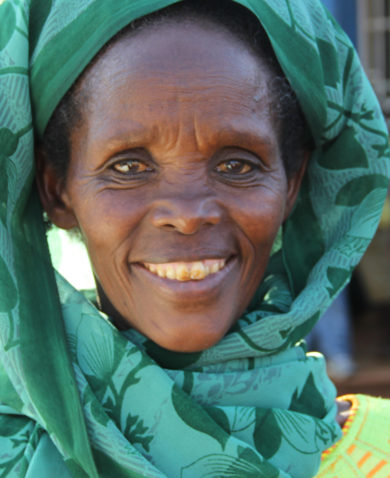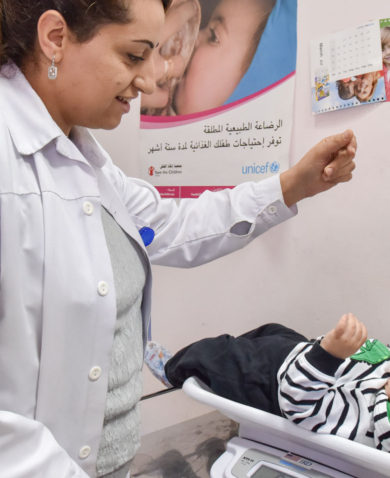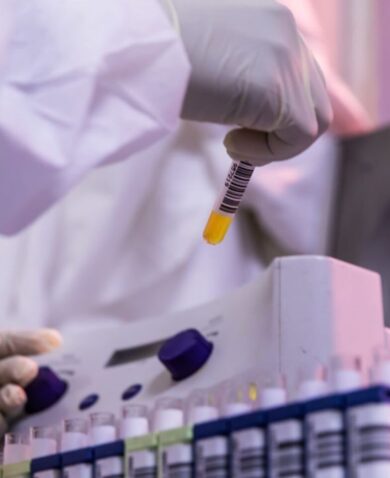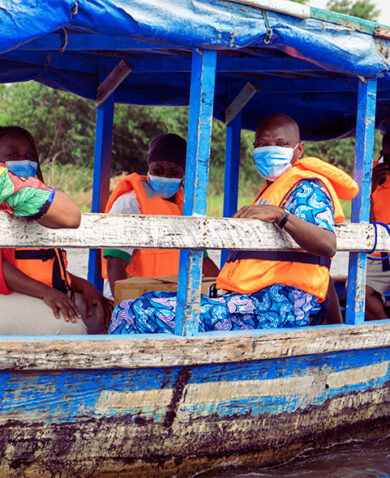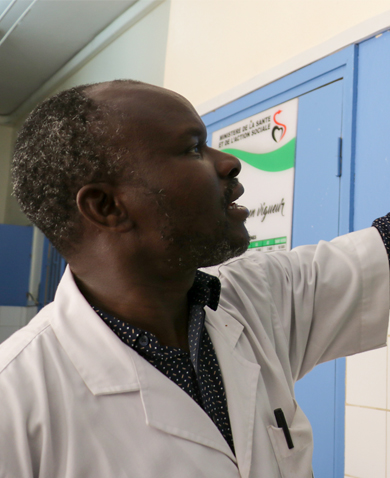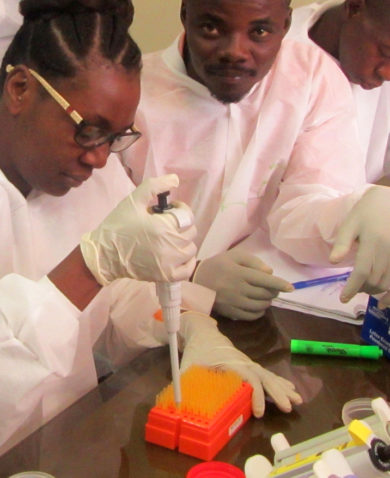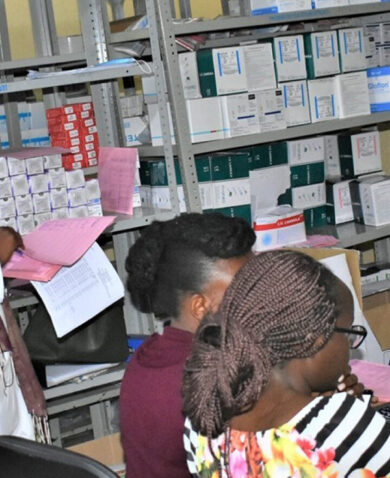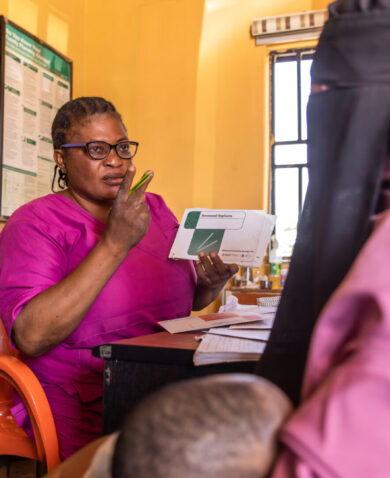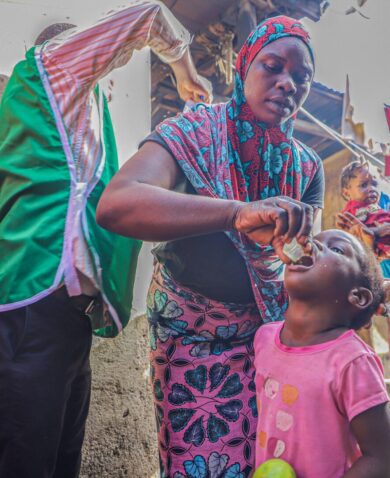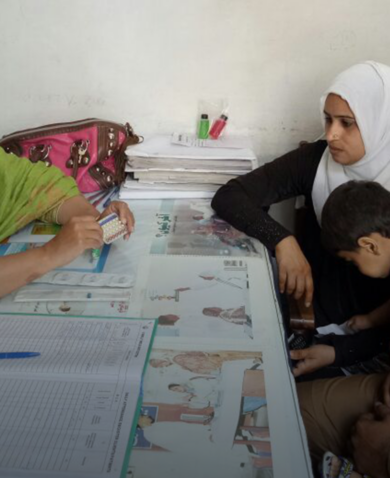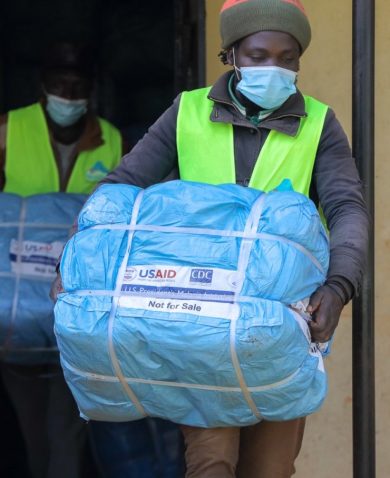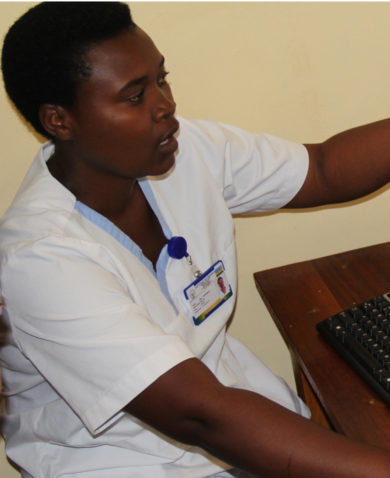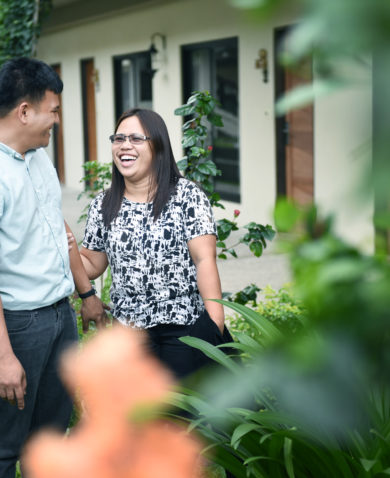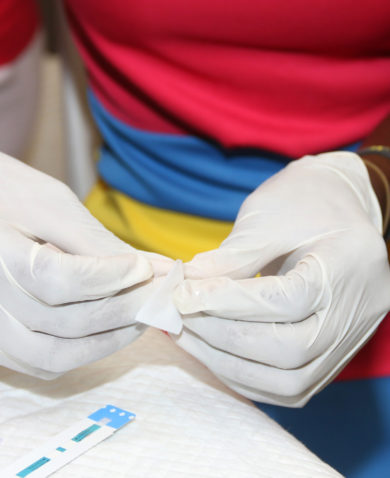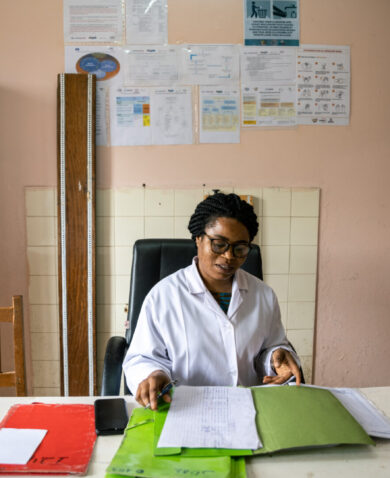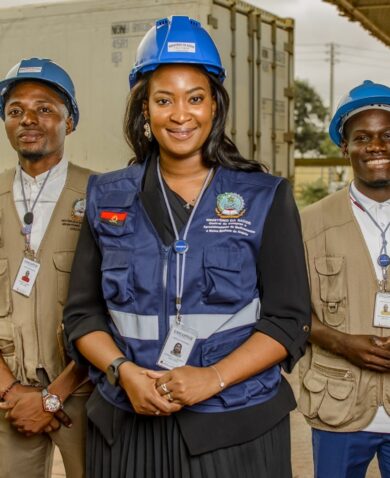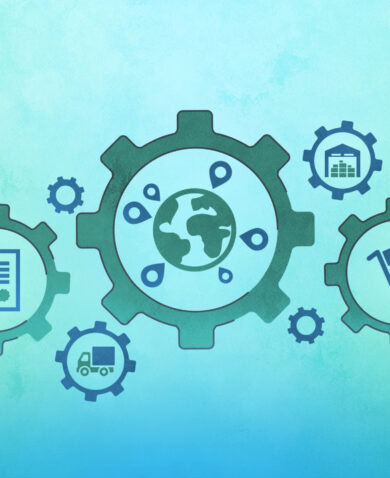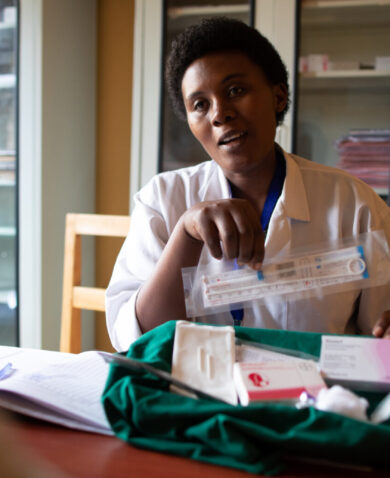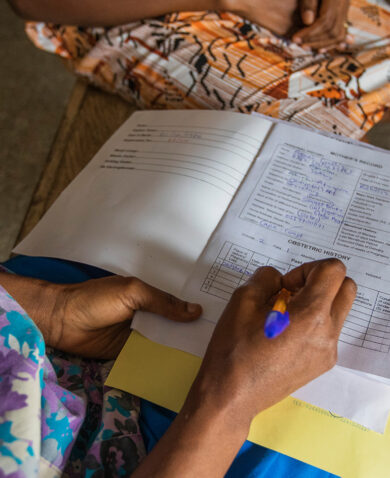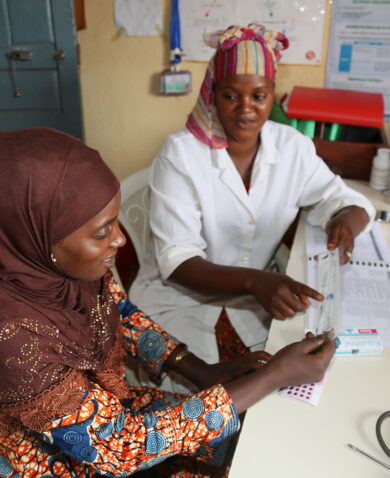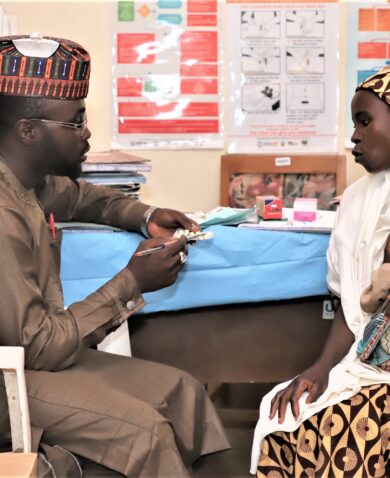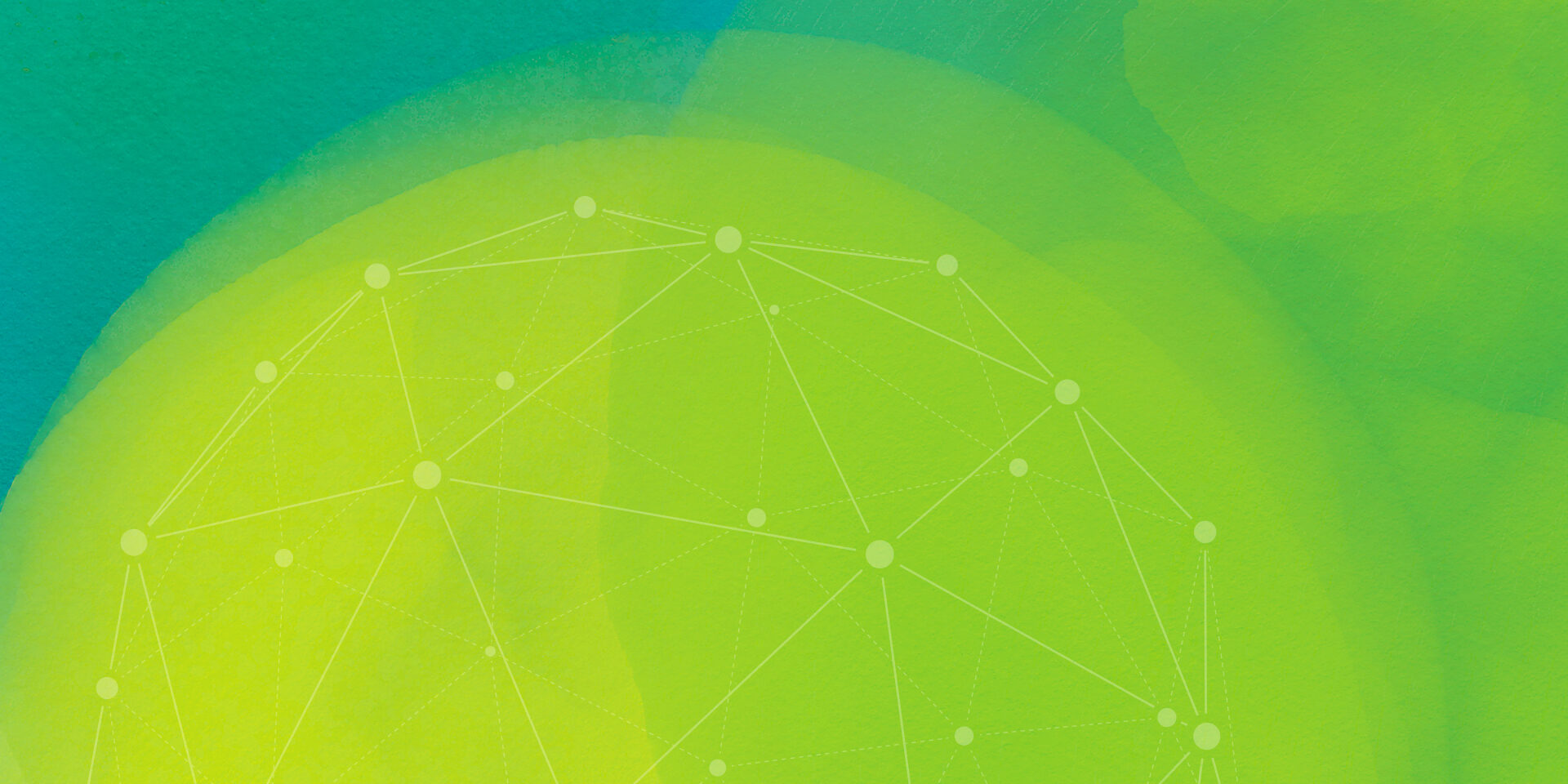
Development Works Here with Muhammad Tariq
October 24, 2019 | 4 Minute ReadDevelopment works here because great people work here. We’re excited to introduce you to our team.
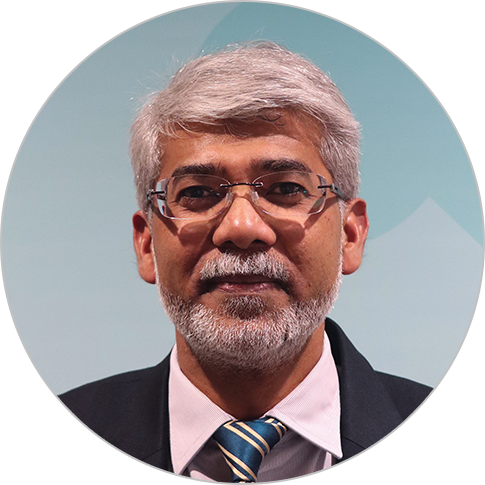
We’d like you to meet Muhammad Tariq! Muhammad is a physician and supply chain expert. Currently serving as the country director for the USAID Global Health Supply Chain Program – Procurement and Supply Management (GHSC-PSM) project in Pakistan, he shares his development journey from medicine to integrated supply chain systems strengthening and what draws him to this work. Muhammad is one reason #DevelopmentWorksHere.
1. Can you tell us about your background in medicine and what attracts you to development work?
I have a background in medicine and worked as a physician for 10 years. My career in global health began in medical school when I served in different health areas to support patients who needed health services in the Cholistan Desert of Pakistan where many had no access to health system and infrastructure. As a result, hundreds of patients were able to live free of tuberculosis and were referred for surgeries to correct their vision and see the world better after partial blindness. As a medical student, I worked to find out how I can connect people to services. I initially worked as a clinician and a cardiologist, and I oversaw an accident and trauma unit. It was my mother’s dream to see me become a doctor, but I knew that eventually I wanted to do something bigger than what I could do with one-on-one interactions with patients. In 1997, I decided that I wanted to do public health and pursue my post-graduate work in population studies and demography. I received my certification on gender and reproductive health from the University of Witwatersrand and earned my Master of Public Health from the University of Washington with a concentration on global health. I’ve always wanted to work towards health equality and social justice and also to really bring the policy perspective into action while using the art and science of implementation. In Pakistan, we are serving women, children, and men in a country of 208 million people, 33 million children under the age of five, and 35 million women of reproductive age. The work we are doing to strengthen the supply chain directly impacts the lives of people across the country.
2. What makes you believe that development works?
Development connects marginalized people and ensures that patients have access to quality health commodities to live better, healthier lives. When you dream to serve humanity by contributing to the industry, development works. Looking back, the contraceptive availability in the Pakistan health system was only 60 percent in 2010 for a program covering only 33 percent of Pakistan. But now I see, with the development of the family planning supply chain system, that we were able to assist the government of Pakistan and revolutionize governance using Pakistan’s Logistics Management Information System (LMIS) technology and improve availability to 84 percent within the whole health system encompassing 16,000 health facilities and the Lady Health Worker Programme in 2018, our services reached 35 million women in Pakistan. This alone speaks to what development can do to improve the quality of women’s lives and ultimately contribute to health equity, social justice, and a stable society.
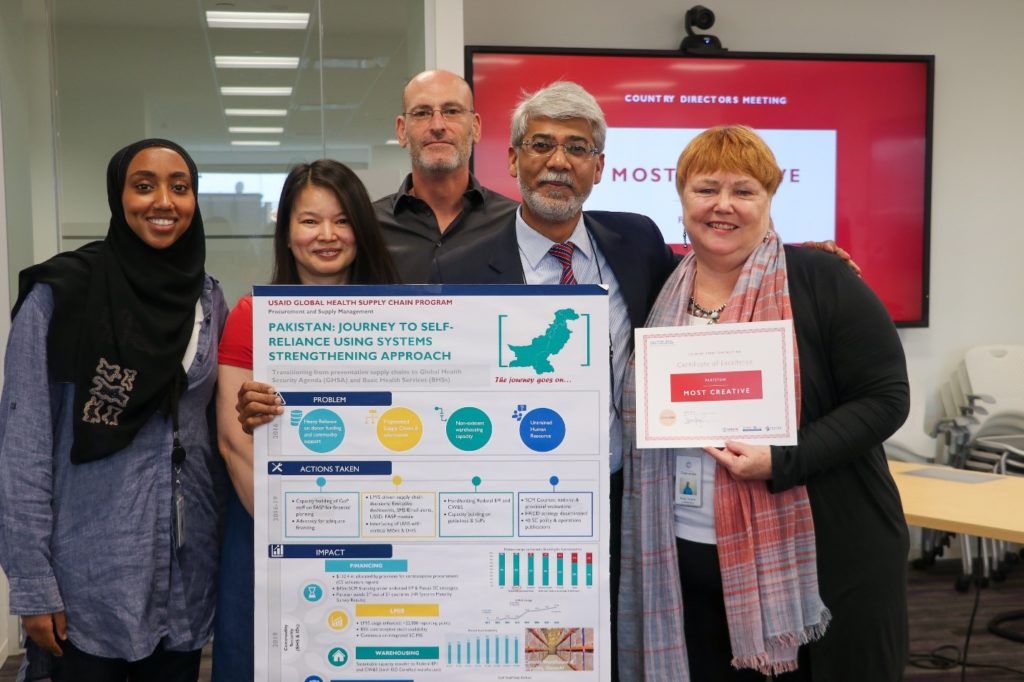
3. What has been the highlight of your development journey so far?
The highlight of my development journey so far has been strategizing the art and science of how to bring health services to those who need them through implementation, including collaboration among teams and partnerships. I think it is essential to know your client well, understand the stakeholders’ environment, and consider the priorities of donors and the government. For my team, the supply chain systems strengthening is literally the backbone of health systems, working with the government of Pakistan is about the journey to self-reliance by increasing human capacity, applying technology, and boosting domestic financing to benefit society at large. We have created a commercial business opportunity of $554 million for the healthcare production industry. My team has contributed towards the goal of providing access to quality health services through prevention, detection, and treatment of infectious diseases which is part of Global Health Security Agenda (GHSA), and provision of basic health services for people across Afghanistan-Pakistan bordering region. It gives me great pleasure to create opportunities for communities facing challenges.
As a country director, I am grateful for the opportunity to make an impact on family planning and immunization needs for the women and children who we serve. I want to make sure that the supply chain works for people and meets the needs of future generations. Living in a fragile world, I think it is vital to be able to deliver life-saving drugs. We have the ability to bring in technology, like LMIS, to allow for better governance and accountability. I am passionate about this work because it satisfies my quest of doing humanitarian work to help achieve global development goals. More specifically, I am proud of the work that we have done on domestic financing of about $132 million and empowering people at different levels of the supply chain including training 11,000 people from 154 districts across the country, as well as five universities offering a supply chain certificate program.

